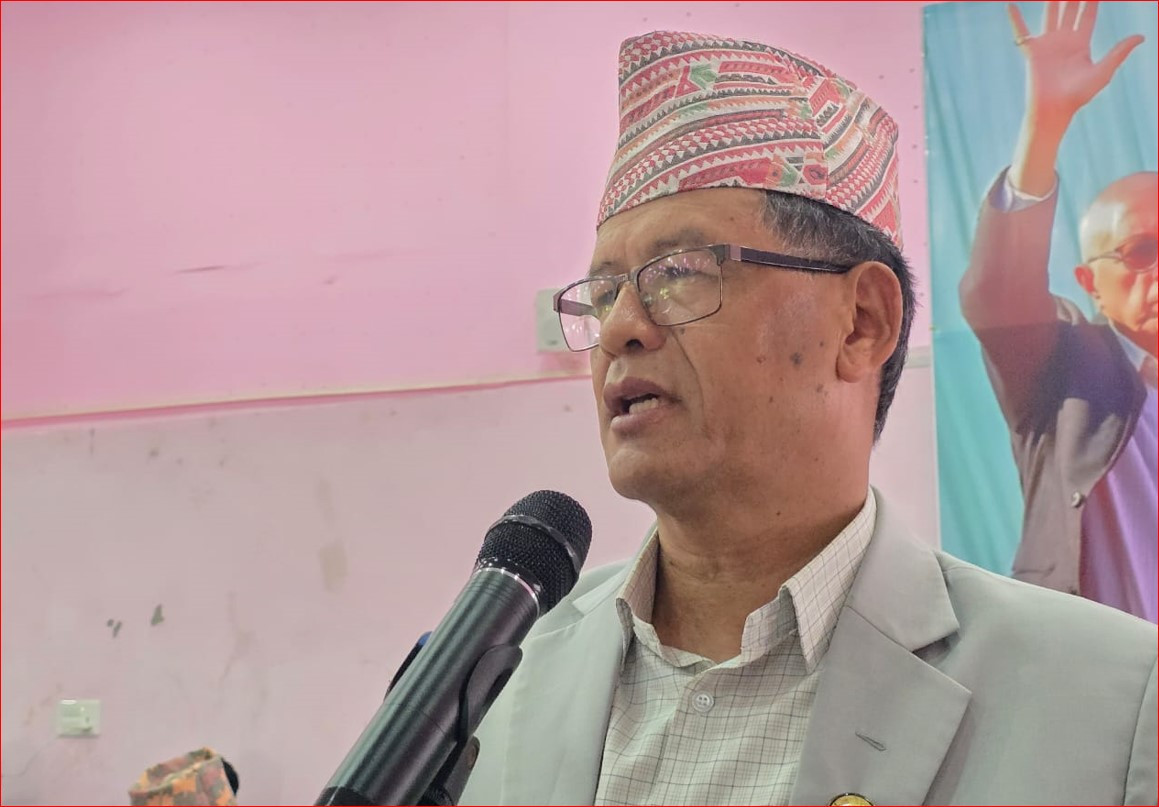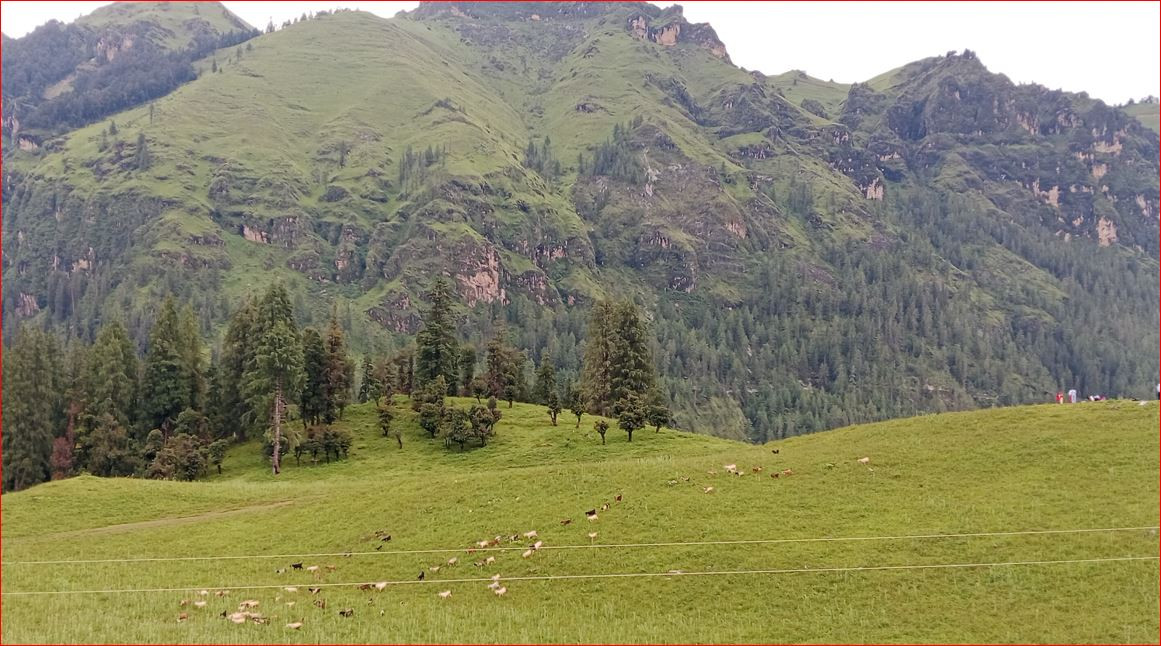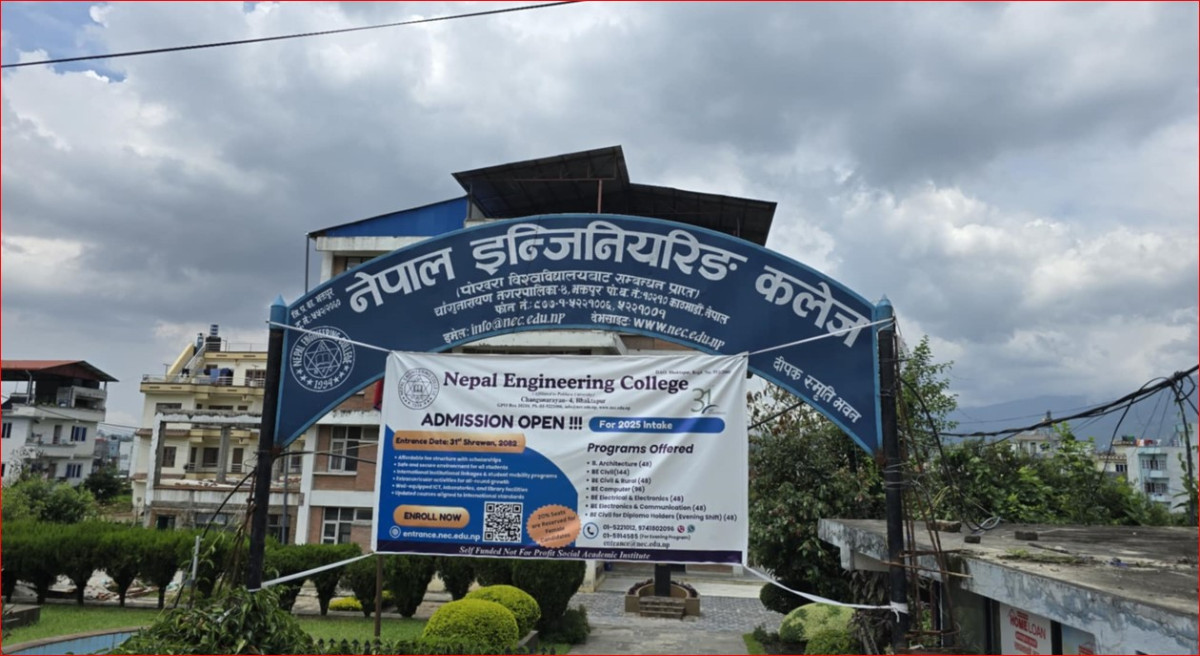Chandra Prasad Dhakal, President of the Federation of Nepalese Chambers of Commerce and Industry (FNCCI), has called for business-friendly reforms, policy stability, and stronger global partnerships to boost investment and employment.
He made these remarks during his address at the 113th session of the International Labour Conference (ILC) organized by the International Labour Organization (ILO) in Geneva on Monday.
Addressing representatives from governments, employers, and workers' groups, Dhakal emphasized the pivotal role of the private sector in creating decent work and promoting inclusive economic growth.
“We all have different roles, but we share one common goal — to create an environment for businesses to grow and to make sure work is decent,” he stated. “This is why the ILO’s tripartite model is so important, and we at FNCCI are proud to be a part of it.”
Welcoming the ILO Director-General’s report for 2025, which highlights the link between job creation, rights, and inclusive development, Dhakal stressed the need for stable policy environments in developing nations like Nepal to attract long-term investment.
“In Nepal, we have worked closely with the government, proposing changes to 30 laws related to investment. These have been amended, and a new Bilateral Investment Agreement framework has been passed,” he shared. He noted that such legal reforms help integrate informal enterprises into the formal economy.
Nepal’s proactive approach has earned the country recognition as one of four global “champion countries” in formalizing the informal economy. Dhakal said this recognition highlights Nepal’s commitment to labour standards and readiness to welcome responsible foreign investment.
Dhakal also shed light on Nepal’s vast economic potential across sectors such as hydropower, tourism, agriculture, and IT, further enhanced by the country’s strategic location between India and China. “Nepal offers investors access not only to the local market but also to the massive markets of China and India,” he said. He assured that Nepal’s trade privileges with Europe and the U.S. would remain intact even after its graduation from the Least Developed Country (LDC) category in 2026.
In his speech, Dhakal also emphasized the importance of climate financing for countries like Nepal, which are highly vulnerable to climate change impacts despite contributing minimally to global emissions. “To protect the ‘roof of the world,’ we need significant international support,” he said, calling for special provisions for mountain and island nations regarding trade and development assistance.
Highlighting FNCCI’s commitment, he noted the creation of an FDI support desk and a new MoU with workers' organizations to foster stronger public-private dialogue.
“As Nepal prepares to exit LDC status, we are committed to creating decent jobs through higher economic growth,” Dhakal concluded. “We are ready to work with all of you to build a better, more inclusive future for Nepal and the world.”
The International Labour Conference is the ILO’s annual gathering of global stakeholders that helps shape labour standards and employment policies worldwide.














